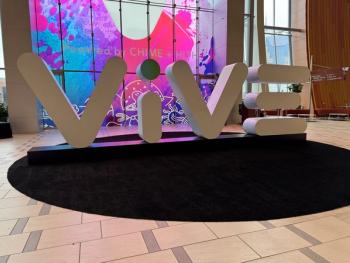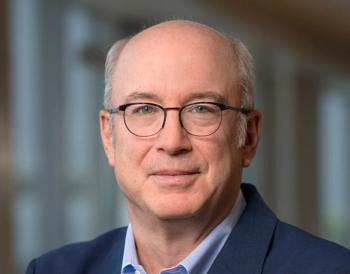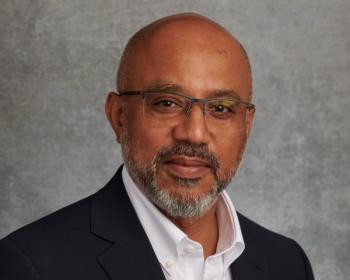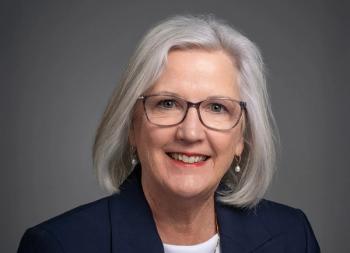
CVS is buying Oak Street Health in $10.6B deal, and moves into primary care
The step comes after CVS announced plans to buy Signify Health, a network of doctors delivering care to patients at home. And it’s another example of a retailer entering the primary care market.
CVS Health moved into delivering care at home, and now the pharmacy giant has taken a long-awaited step into primary care.
After weeks of speculation, CVS has reached an agreement to acquire Oak Street Health in a $10.6 billion deal. Less than six months ago,
Oak Street is a primary care company focused on older adults on Medicare. Oak Street operates 169 medical centers in 21 states, and the organization employs more than 600 primary care providers. Oak Street plans to operate more than 300 medical centers by 2026.
The CVS Health deal offers another example of the growing competition in the primary care market, as other retailers are moving into the delivery of healthcare.
CVS Health President and CEO Karen S. Lynch said the Oak Street acquisition fits with the company’s evolving mission as a healthcare provider.
“Combining Oak Street Health's platform with CVS Health's unmatched reach will create the premier value-based primary care solution," Lynch said in a statement. "Enhancing our value-based offerings is core to our strategy as we continue to redefine how people access and experience care that is more affordable, convenient and connected."
In a news release announcing the deal, CVS notes that Oak Street practices are based in neighborhoods where healthcare services are needed, and more than half of Oak Street’s patients have a risk factor in housing, food or isolation.
Oak Street Health CEO Mike Pykosz said the agreement will produce better health outcomes, lower costs, and an improved patient experience.
"Together with CVS Health, we will have access to greater resources and capabilities to expand the reach of our platform, provide more opportunities for our teammates and, most importantly, make a meaningful difference in the lives of the patients we serve,” Pykosz said in a statement.
In the deal, Pykosz will continue to lead Oak Street Health.
The move comes as more retailers are looking to enter the primary care market, and healthcare more generally.
Walgreens, the nation’s second largest pharmacy chain, owns the majority of VillageMD. Cigna Corp.’s Evernorth is also investing in the transaction.
In July,
Hal Andrews, president and CEO of Trilliant Health, notes that the retailers that are making entries into primary care are buying organizations that are actually losing money, but are banking on a bigger payoff down the road.
“Why do Amazon and CVS and Walgreens want to own very dispersed primary care models that are losing tens of millions of dollars a year? I think one of the answers to that is healthcare is such a big part of the GDP now, that those large retailers have decided, they sort of have to be in healthcare, because it's almost 20% of the GDP,” Andrews said in an interview with Chief Healthcare Executive.
“I think the other part that is maybe less obvious, is that there's a big opportunity for pharmacy distribution. Everybody who's getting into the primary care space, comes to that with an existing pharmacy distribution platform,” Andrews added.
Anu Singh, a managing director at Kaufman Hall, told Chief Healthcare Executive in a January interview that retailers can be “a credible competitor to entry-level primary care. I think that's without a doubt.”
For health systems, retailers could be rivals for business, but they could also offer opportunities for collaboration, Singh said.
“I don't think it is a unilateral truth that the retail providers of that primary care are either a competitor or a collaborator,” Singh said. “I think it's going to have to be different. Or it can be somewhere between those two extremes for each health system, who's eventually going to have to interact with those segments. I think there was a time where we said, ‘All that's a threat, all that's a threat.’ I don't know if that's the case anymore.”
BITG analyst David Larsen notes that with CVS covering 3 million people in Aetna’s Medicare Advantage plans, the company wanted a primary care presence to help control costs, the
The CVS purchase of Oak Street still requires regulatory approval, and CVS hopes to see the transaction completed by the end of the year.
CVS is purchasing Oak Street in an all-cash transaction at $39 per share.































